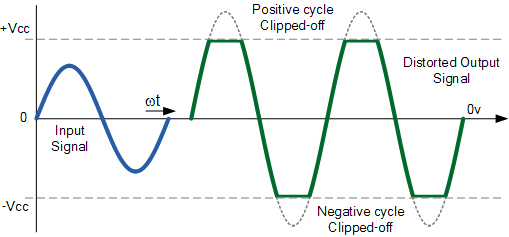Designers should favour allowing users to undo a delete operation over confirming it (e.g. GMail lets you undo e-mail deletion instead of asking if you are sure).
What would you call such operation in general? I have used an undoable operation term but then I realized that undoable really means an operation that can not be done.
I have came up with cancellable operation then but I feel it is not the same. Now it looks like the operation has already been started and can be interrupted by cancelling it - which is not true.
So - what would you call an operation you can undo?

